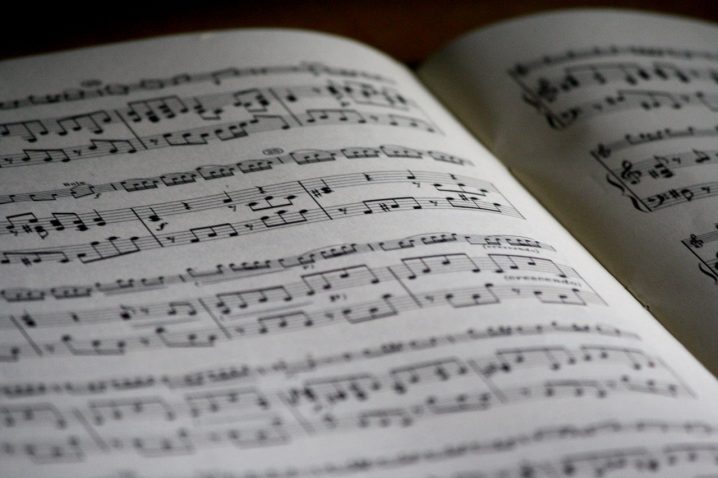
Calling all parents! If you are lucky enough to live in an area with plenty of cultural events for your family to enjoy, consider downloading a live music near me app. Besides finding out which of your favorite bands will be performing at a venue near you, you can also learn about performances that your children would enjoy. You are probably spending money on activities that help develop your child’s athletic ability.
Why not spend the same amount of money (or more) on developing all other facets of your child. What magical activity can make your child a better reader, better at math, and more socially and emotionally mature?
Music does this! Music dramatically benefits your child’s development.
Reading and Language Development
Multiples studies have shown that music benefits a child’s development, especially in the areas of reading and language. One of the key developmental milestones in whether or not a child is ready to read is the ability to rhyme and play with words.
Fun songs and singing games develop those skills. Try singing songs where you child needs to repeat after you. This skill helps the child with the recognition of individual words and helps improve memory. Games where children have to come up with their own rhyming lyrics (similar to Down by the Bay), will help them learn to rhyme.
Math Skills
We have all seen the studies linking playing an instrument to higher math SAT scores, but how does music enhance your preschoolers and grade schoolers knowledge of math? There are plenty of math songs that teach counting forwards and backward, the formation of numbers, and for older children, multiplication facts. Take advantage of these early years of development to help give your child a firm foundation to learn.
Social and Emotional Development
Music also enhances other areas of a child’s development – not just academics. Starting as infants, (and some say while in the womb), children connect with individuals through music. This is true across cultures and throughout generations.
This is why the tradition of singing lullabies has been a part of raising children for centuries. As child ages, music enables kids to interact with each other. A shy, reserved child may come out of his or her shell during music class. Children who stutter are often able to communicate without pause while singing. Children singing and dancing together allows them to develop an emotional connection with each other.
Cultural Literacy
Besides improving language and math skills, and helping children connect with each other, music is also important because it is part of our cultural literacy. Make sure your child knows the words to familiar nursery rhymes. Attend children’s concerts where American folk music songs are performed. Our national songs allow us to form connections with others. Do you think music is for the elite? Consider what happens between the sixth and seventh innings at every ball field across America. Isn’t Take Me Out to the Ballgame part of our cultural literacy?
Even if you don’t consider yourself a lover of music, attempt to provide musical experiences for your children. You could be raising the next George Gershwin, John Williams, or Dolly Parton.



